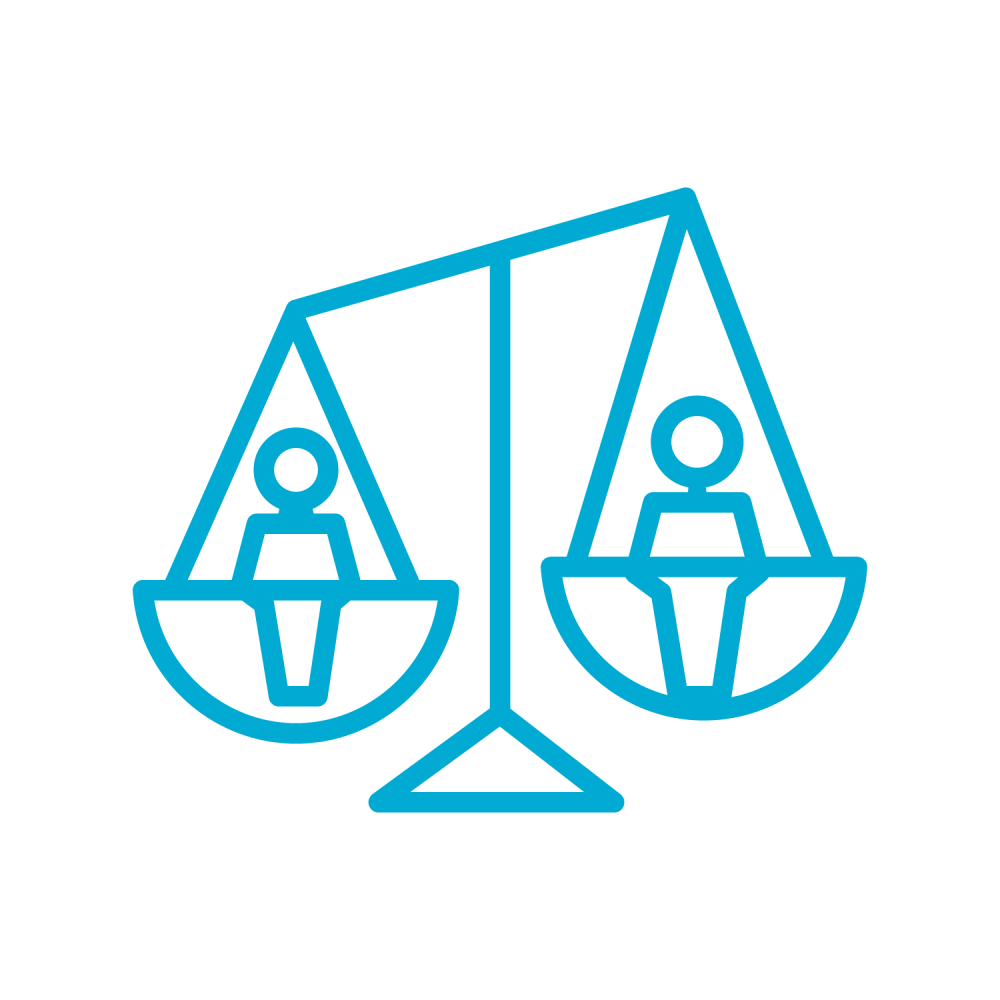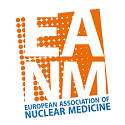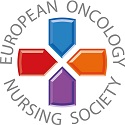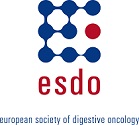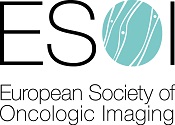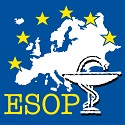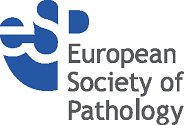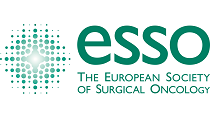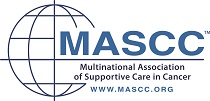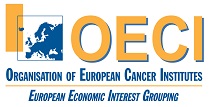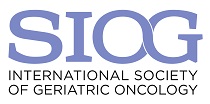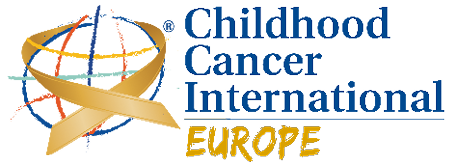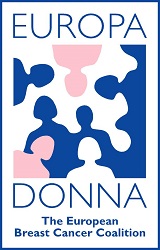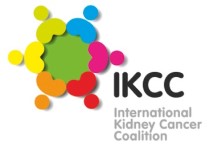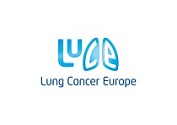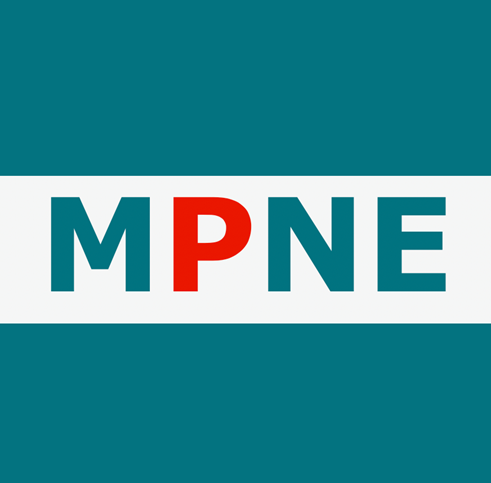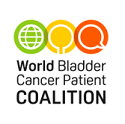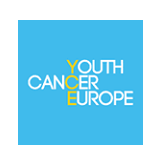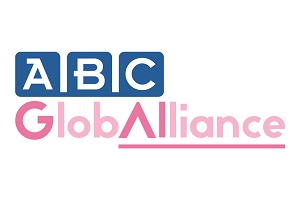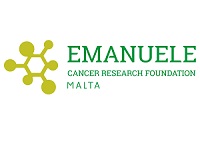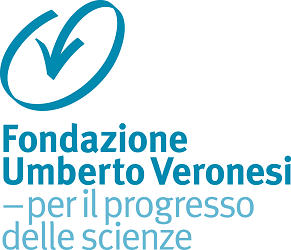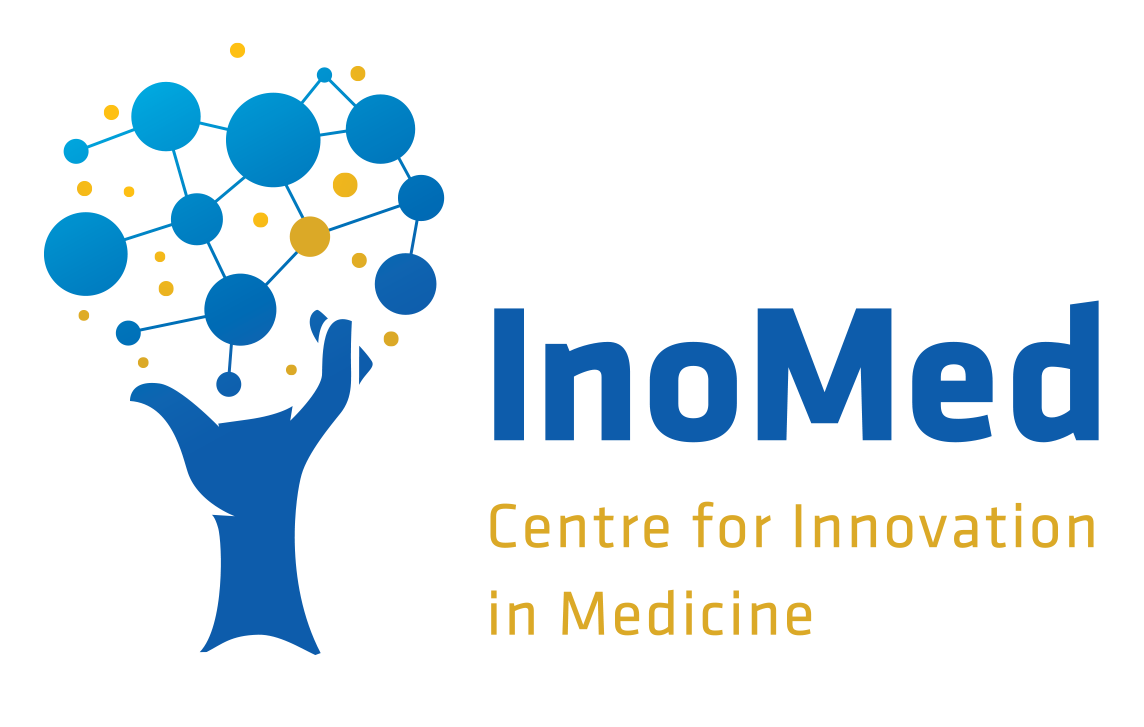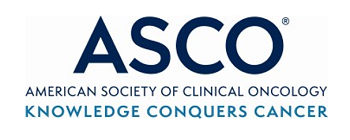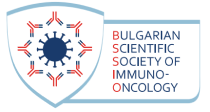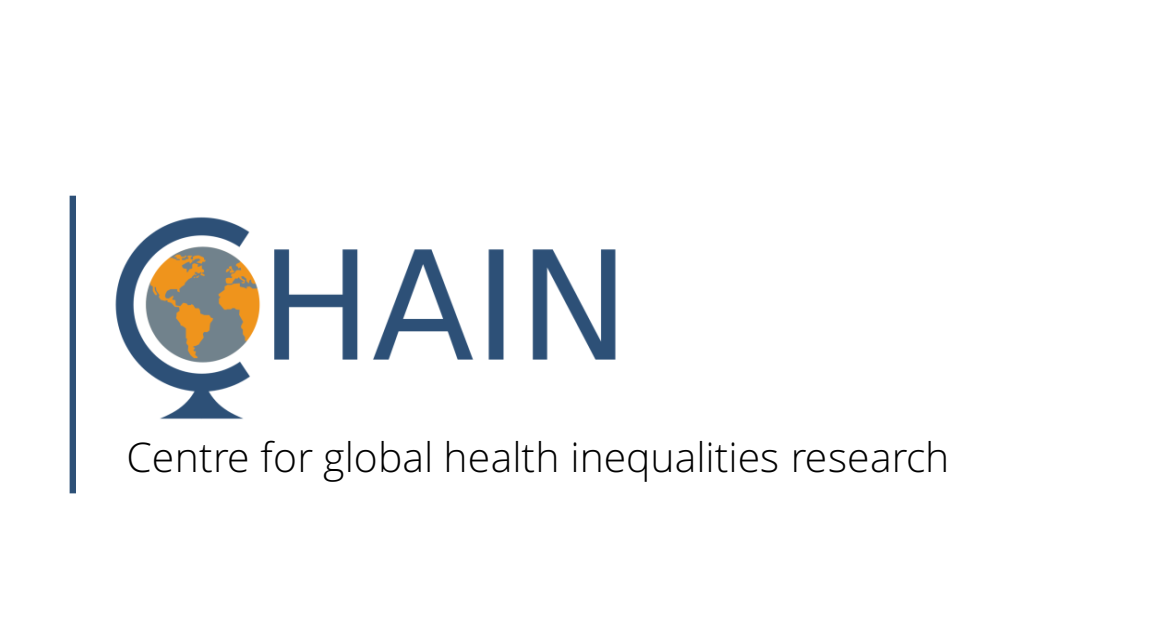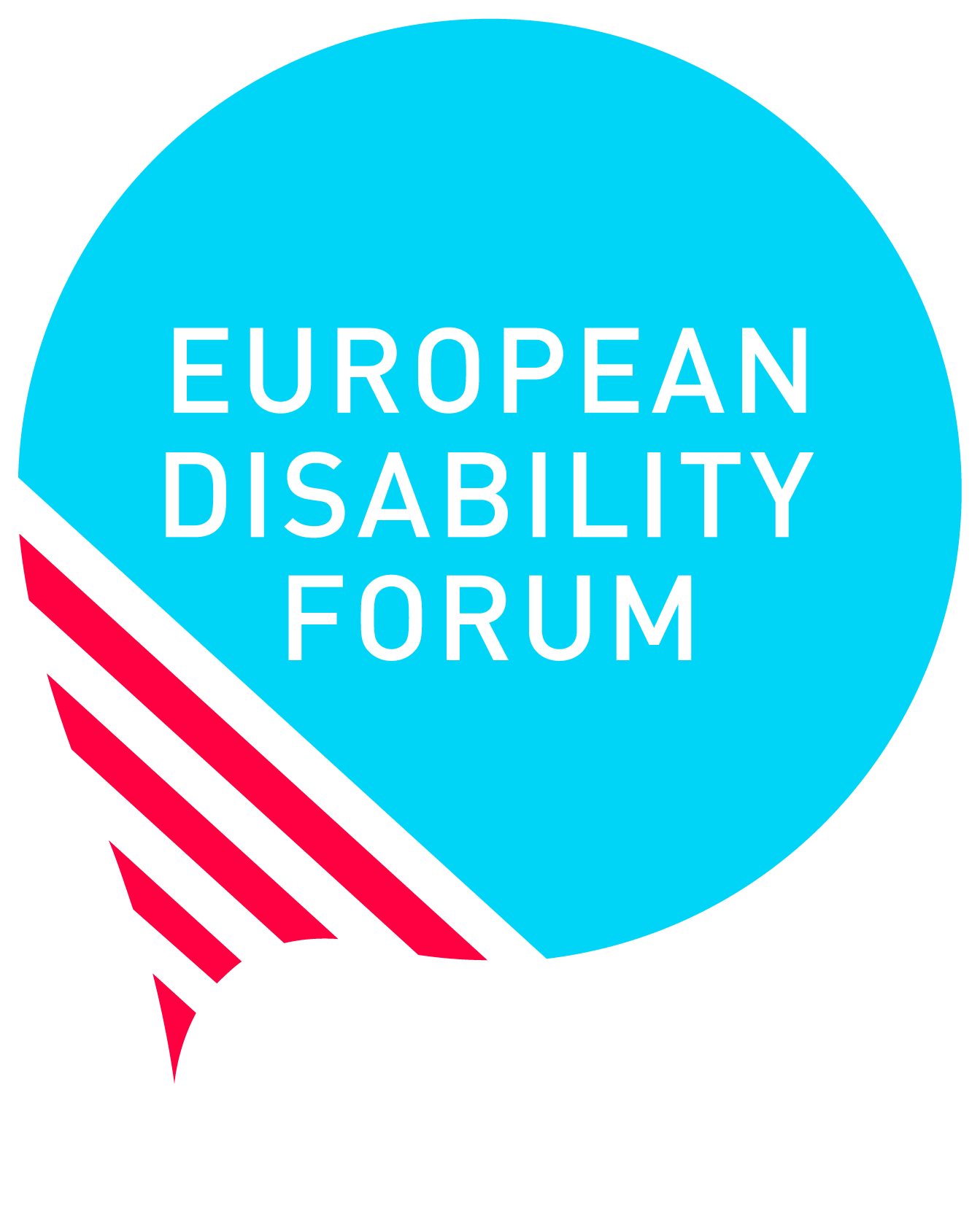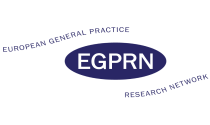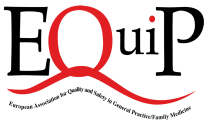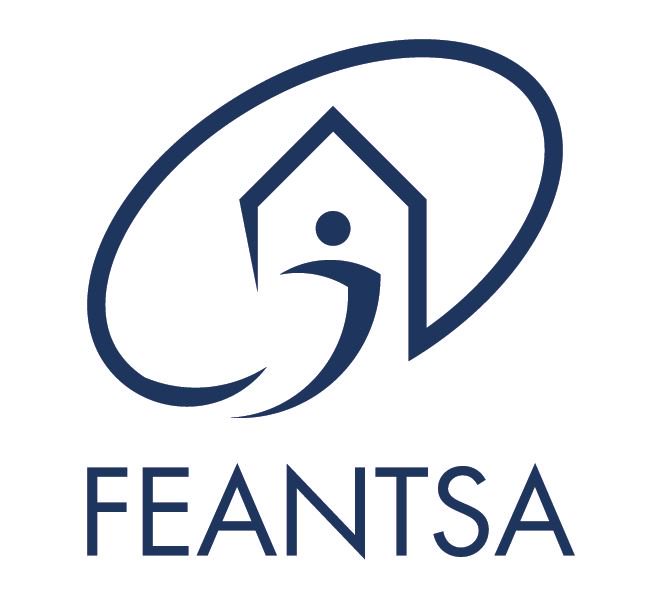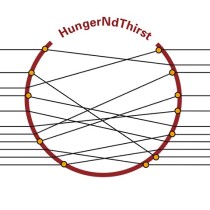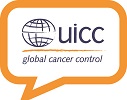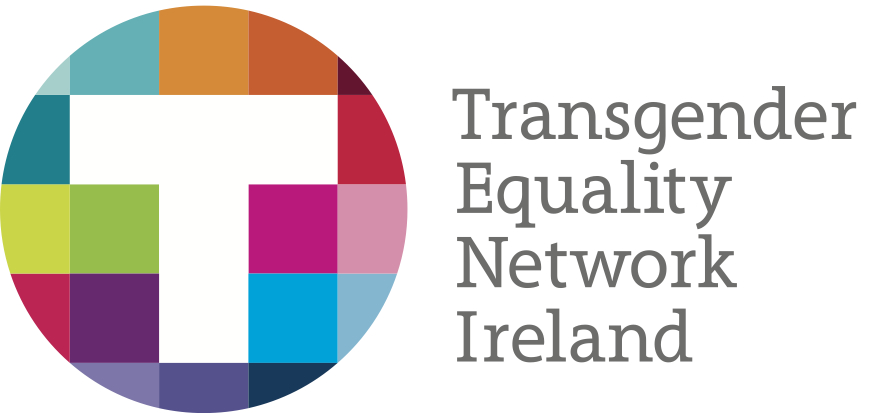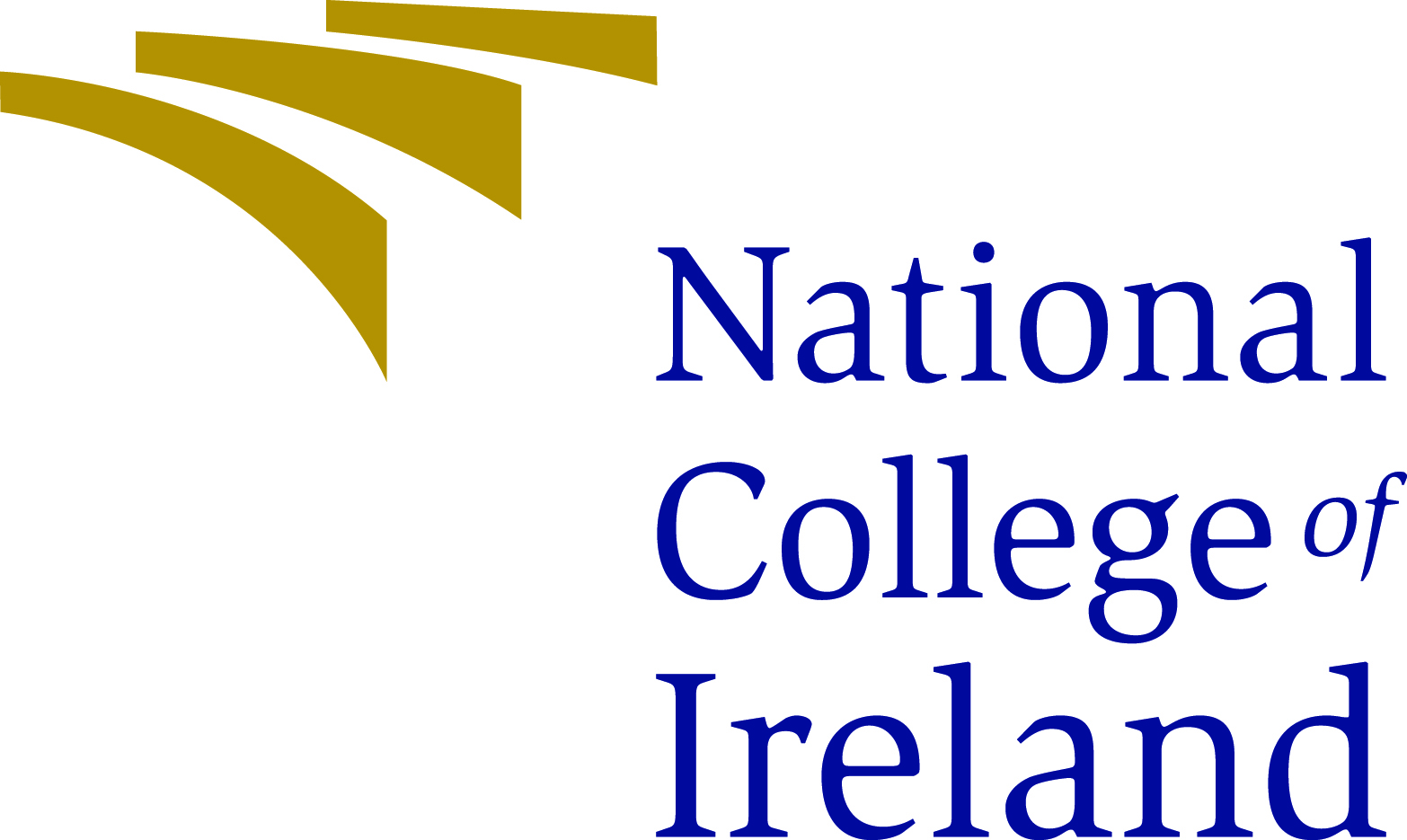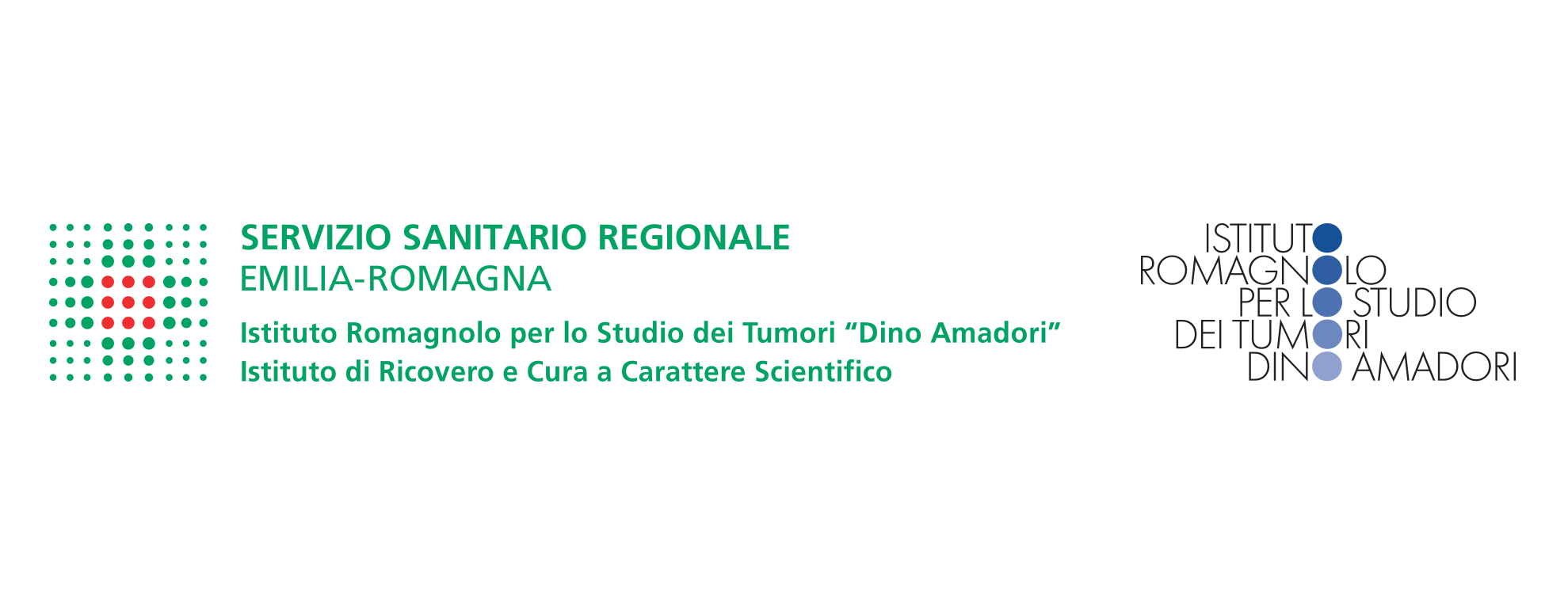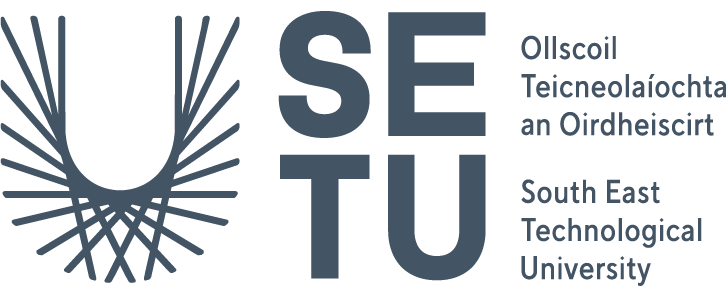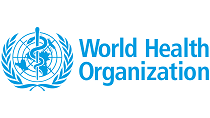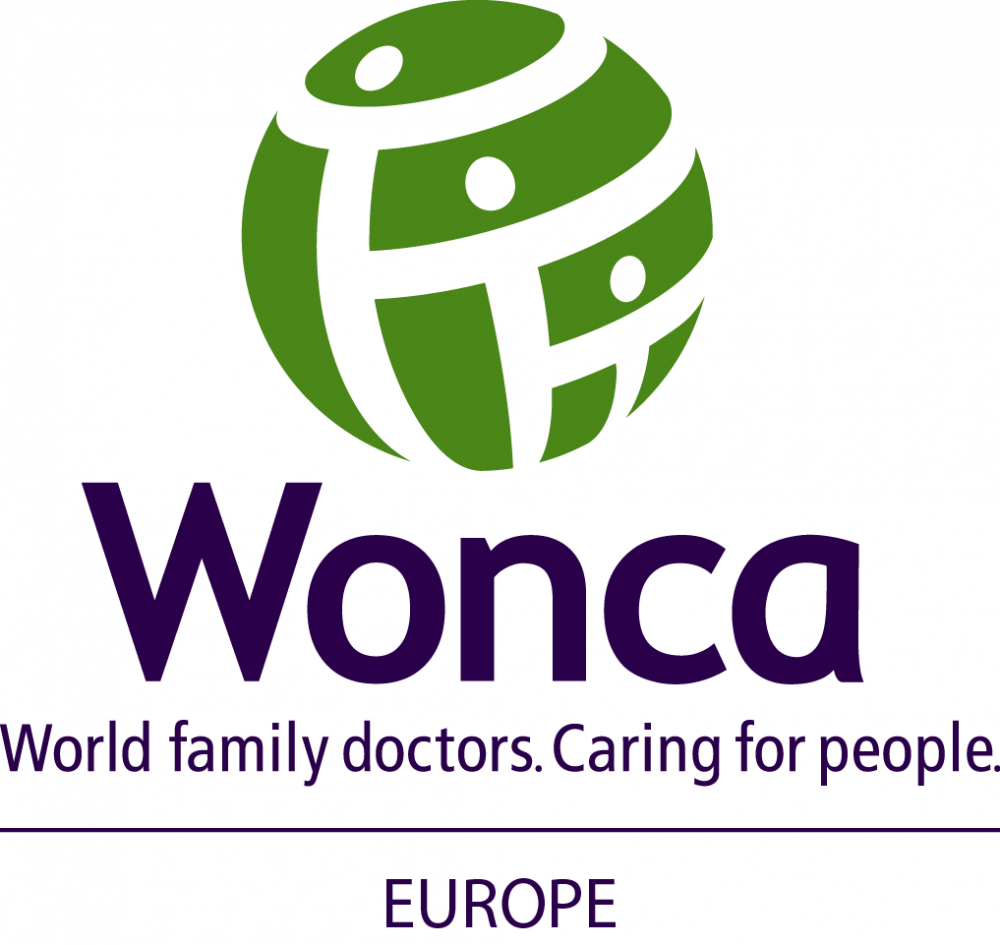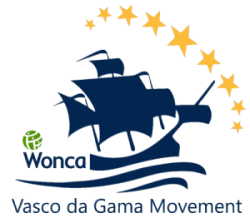Inequalities Network
Contact the NetworkEuropean Cancer Summit 2023 Session: All Cancer Patients Equal - Achieving That Vision
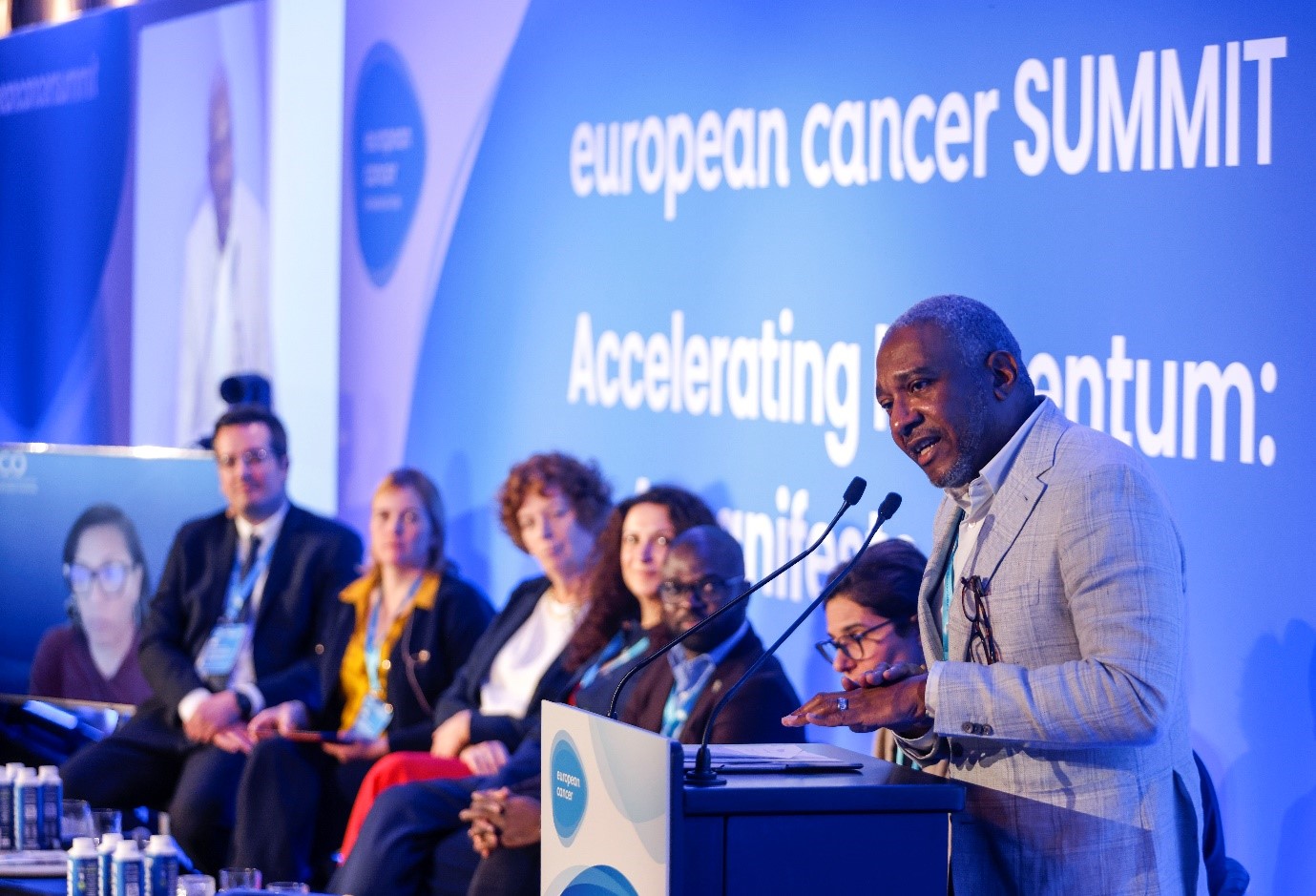 |
Watch the session recording here and read the full European Cancer Summit 2023 Report to discover the rich and diverse discussions of this session.
Initiatives
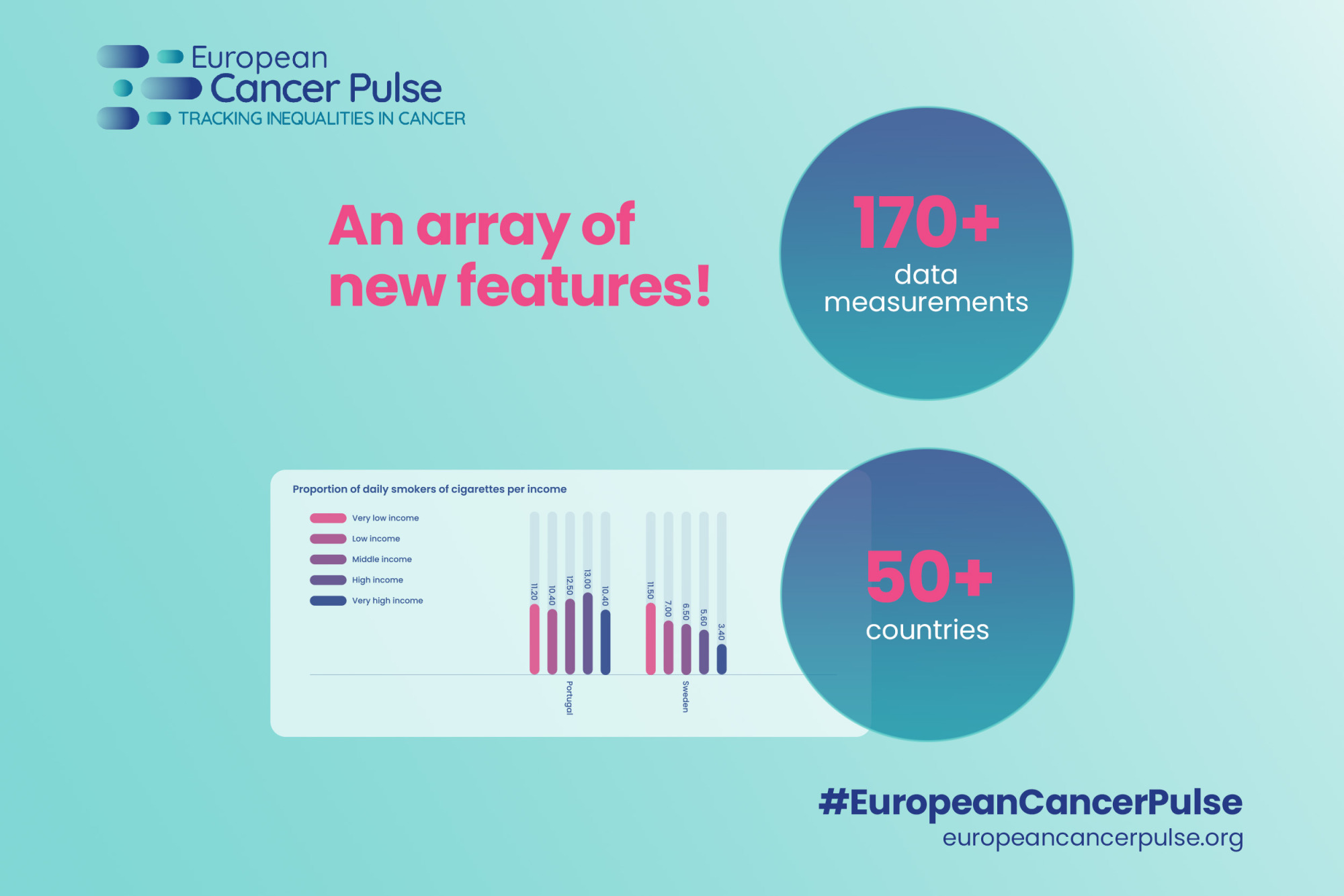 |
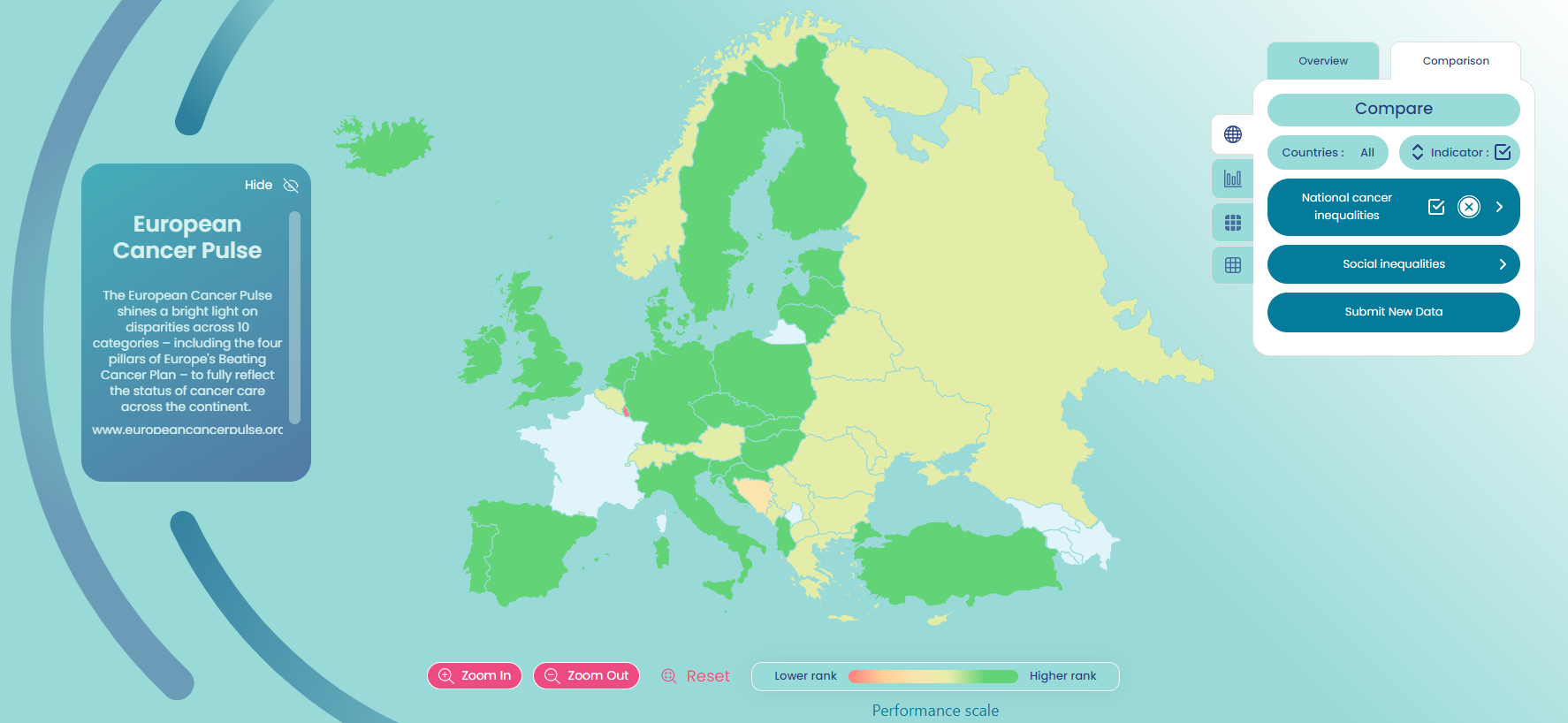 |
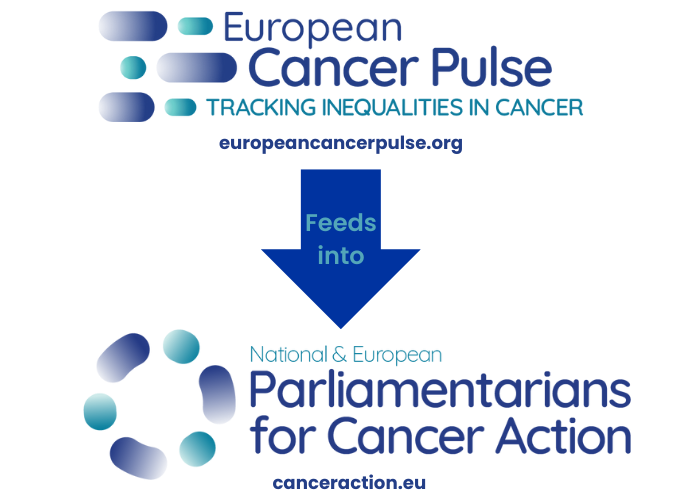 |
The European Cancer Pulse complements the European Cancer Inequalities Registry, but with a vast array of additional metrics and a much simpler format. This will allow for more in-depth comparisons between countries and a greater understanding of the resources each is devoting to the fight against cancer. We believe these new data will be of considerable help to the EU Beating Cancer Plan by providing a more comprehensive picture of inequalities across Europe.
The Steps Ahead - Workshop on Social Inequalities in Cancer
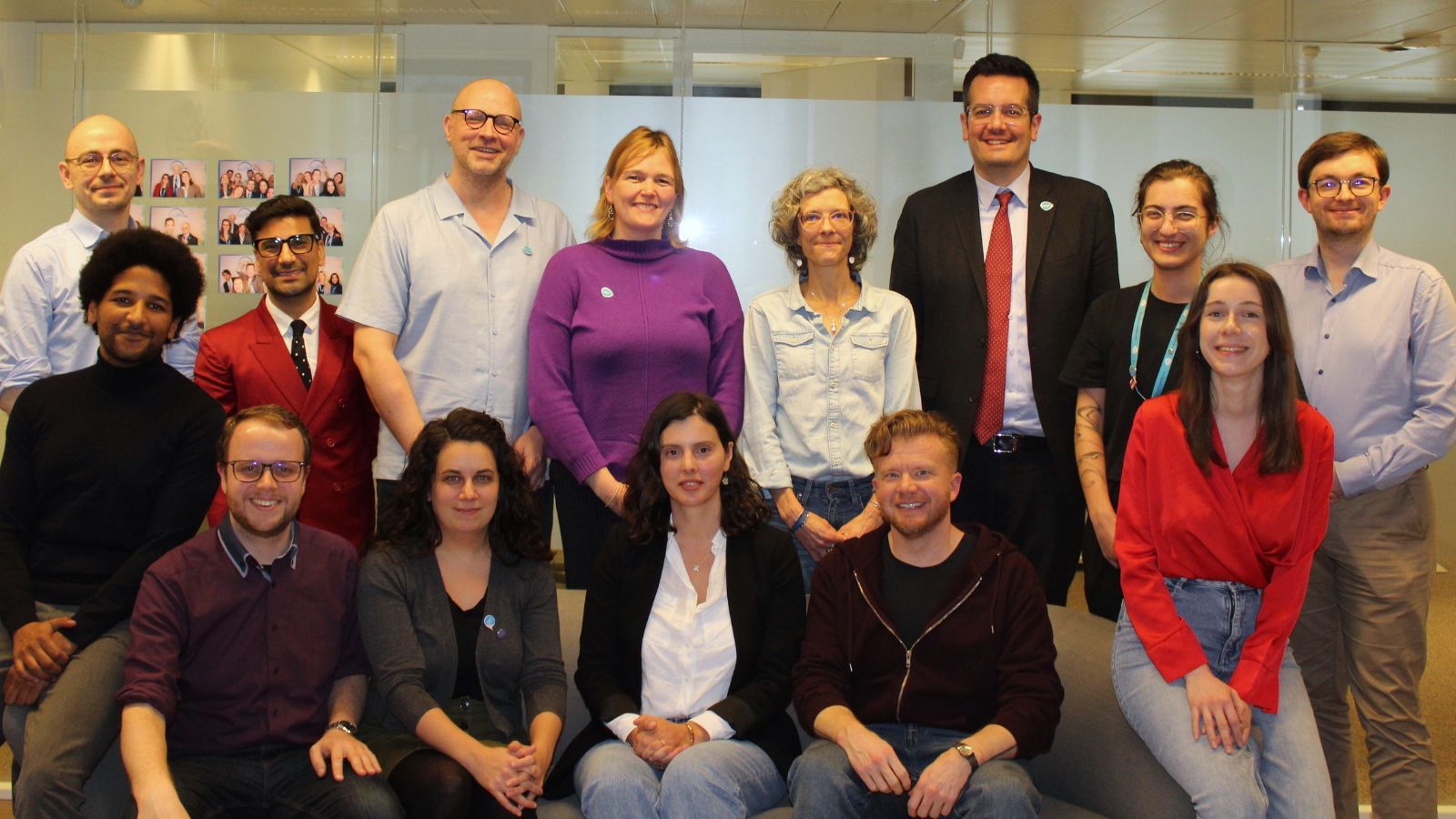 |
Our all-day workshop on 15 March brought together a variety of civil society organisations (CSOs) to drive tangible change in our healthcare systems.
Participants discussed healthcare barriers, research on marginalised communities, and actions to address inequities in cancer care.
Some key takeaways:
- Historically, it has been difficult for civil society to influence institutions regarding inequalities in healthcare
- Despite recent advances, the EU still lags behind countries such as the US and Canada when it comes to research, policy, and advocacy on inequalities in healthcare
- European marginalised communities lack trust in public institutions
- The European Cancer Inequalities Registry (ECIR) should be extended to monitor developments and gaps in marginalised communities such as SOGIESC (sexual orientation, gender identity and expression, and sex characteristics), housing, mental health, migration status, and race/ethnicity
- There is a need for improved clinical guidelines to be inclusive, intersectional and holistic, and also to develop practical training for cancer care professionals
- Civil society should be more involved in the design, development, and implementation of EU health programmes. However, support is needed for these interventions as civil societies are generally understaffed, under sourced, and underfunded compared to other actors in EU policy and advocacy
- To tackle inequalities in cancer, areas of health that have historically worked closely with marginalised communities, such as HIV, should be used as examples
The workshop was attended by representatives from the Medical University Vienna, FEANTSA, the European Disability Forum, ILGA-Europe, the CHAIN research centre, the Joint Research Centre, DG SANTE, the European Union Agency for Fundamental Rights, Organisation Intersex International Europe, EQUINET, EPHA, Africa Advocacy Foundation, Transgender Europe and Combat Poverty Service.
We look forward to continuing this important dialogue as we work towards a more equitable future in cancer care.
Action on Men and Cancer
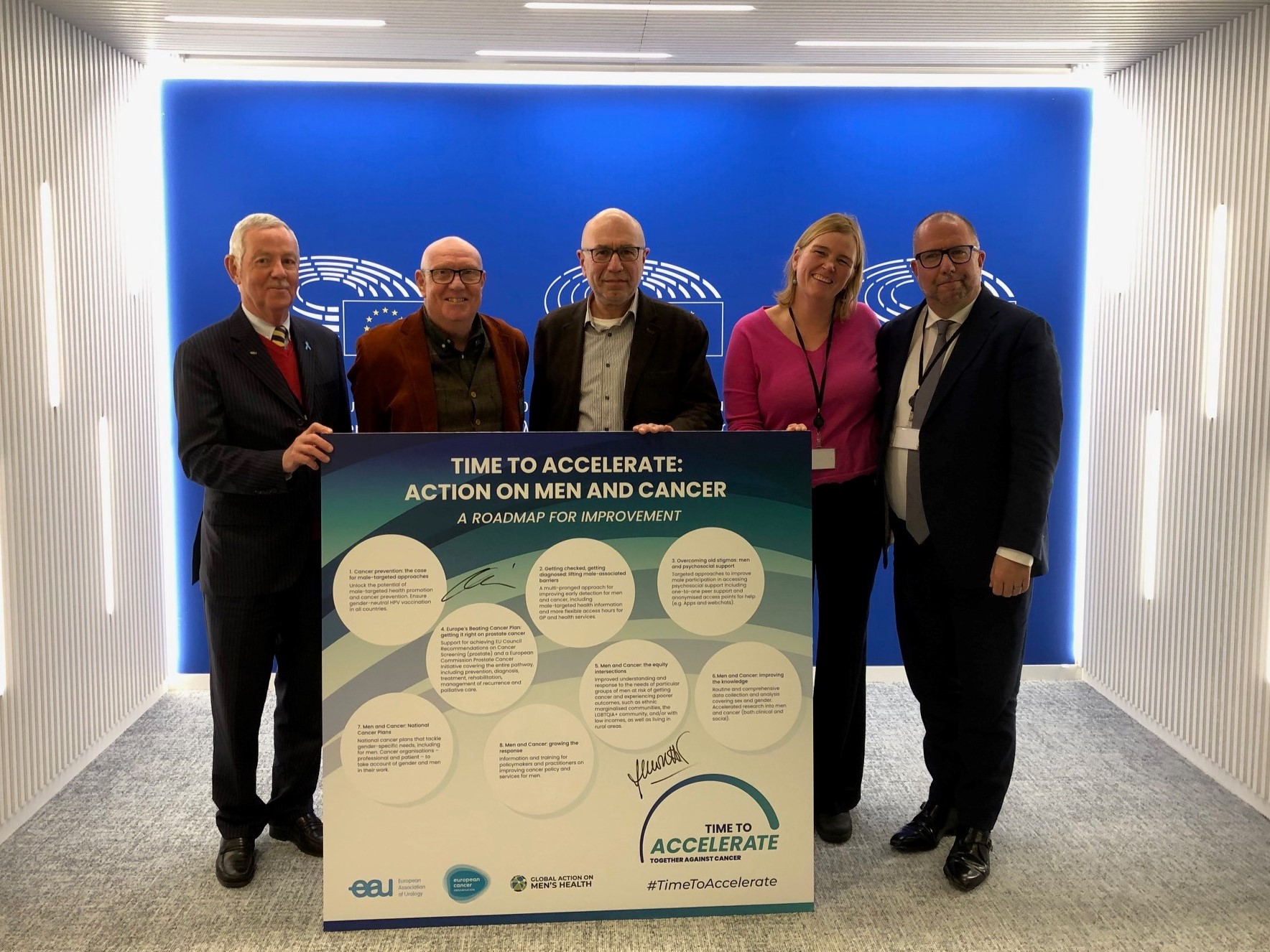 |
There is an urgent need for action on all gender-related cancer inequalities, yet the issue of men’s cancers is not being addressed effectively by policymakers.
ECO, The European Association of Urology (EAU) and Global Action on Men’s Health (GAMH) launched a joint Roadmap for Improvement on this issue in November 2023 titled ‘Time to Accelerate: Action on Men and Cancer’.
Background
Levels of health inequality between countries and regions with respect to cancer prevention, control, access to treatment and survival can no longer be ignored. Inequalities also occur within countries, between regions, and between social groups.
The inequalities that can arise with respect to marginalised and vulnerable groups should not be overlooked either. As just one example for illustrative purposes, studies have found that migrant populations have greater difficulty navigating unfamiliar healthcare systems, are less likely to participate in screening programmes and may also find themselves denied cancer treatment.
Driven by a common desire to achieve urgent actions to address these problems, the Network on Inequalities, led by Co-Chairs Nicolò Matteo Luca Battisti and Sarah Collen, is shining a spotlight on the readily available policy mechanisms to bridge gaps and raise standards and outcomes in cancer care across all of Europe, for all groups in society.
A strong alignment in this work is made with the European Code of Cancer Practice and its aspiration to ensure every cancer patient in Europe has their rights to quality treatment and care upheld, regardless of their age, gender, ethnicity, socio-economic status or geographic location.
With the personal commitment of EU Commissioner for Health and Food Safety Stella Kyriakides to combatting inequalities in cancer care, the time is now to make progress!
Our Inequalities Network dedicates itself to driving consensus, presenting policy recommendations and solutions, and sharing best practices in relation to the inequalities and challenges associated to:
- The East-West Divide
- Gender
- Ethnicity
- Age
- Sexuality and Identity
- Health Literacy and Patient Education
- Other Marginalised Groups
Two prominent workstreams within the Network are the LGBTQI+ and the Ethnicity workstreams, aiming at developing research, gathering data, endorse policy development on, respectively, disparities affecting the LGBTQI+ community and ethnicity-based disparities. Do you want to get involved? Please contact enea.venegoni@europeancancer.org.


